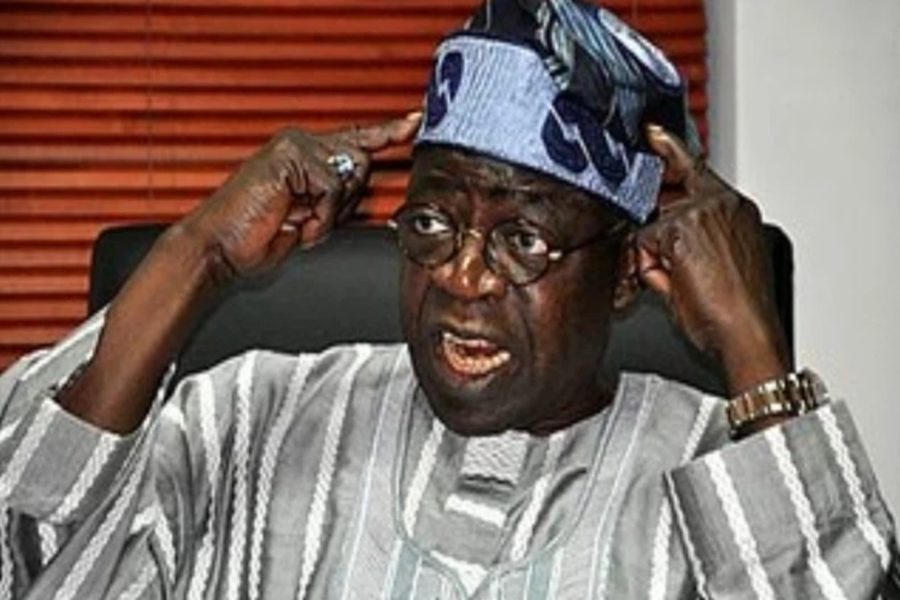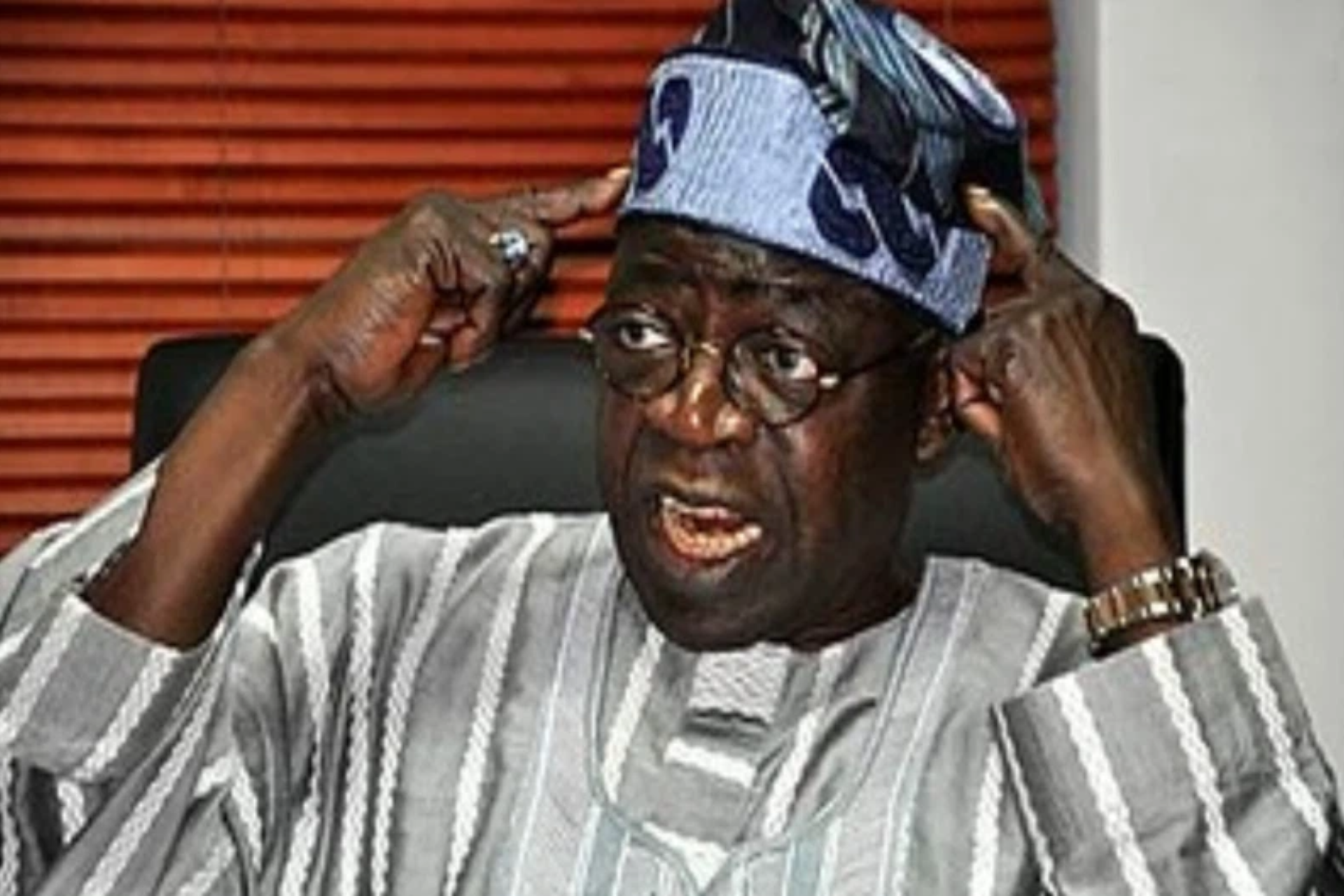
Nigeria’s Tinubu swears in cabinet to curb economic challenges
Nigeria’s Tinubu swore in a cabinet of 45 ministers, urging them to build public trust as the government strives to curb economic hardships

President Bola Ahmed Tinubu on Monday 21 August 2023 swore in a cabinet of 45 ministers, urging them to build public trust as his new government takes on Nigeria’s huge economic and security challenges.
ALSO READ: Libyan authorities relocate 161 Nigerian migrants after donation
Since he took office at the end of May, Tinubu has unleashed a raft of reforms aimed at revitalising the economy and investment, but the initiatives have caused a short-term surge in living costs.
ALSO READ: Nigerian President considers diplomacy amid coup crisis in Niger
NIGERIA TRIES TO CONTAIN ARMED GROUPS
Africa’s most populous nation and largest economy is also trying to contain armed groups in parts of the country, including a long-running jihadist insurgency.
“The challenges we face today are very daunting,” Tinubu said at the cabinet’s inauguration ceremony. But, he stressed, “We have the opportunity to implement long overdue reforms.”
ALSO READ: Nigeria urged to reconsider military intervention in Niger
The new lineup includes Finance Minister Wale Edun, who once served under Tinubu as finance commissioner when the president was governor of Lagos state from 1999-2007.
Edun, a UK-educated economist and former staff member of Chase Bank and the World Bank, will also serve as coordinating minister for the economy.
ALSO READ: Operation Dudula set to march to the Nigerian Embassy this month
The defence portfolio is headed by Mohammed Badaru Abubakar, a wealthy businessman and former state governor, while the new interior minister is Olubunmi Ojo, a former lawmaker.
The new foreign minister is Yusuf Tuggar, a British-educated diplomat who served as Nigeria’s ambassador to Germany.
ALSO READ: Nigerian workers across sectors strike over rising cost of living
Tinubu will be in charge of the oil ministry like his predecessor, but he will be assisted by junior oil minister Heineken Lokpobiri, who served as agriculture minister in the last administration. The president also appointed Ekperikpe Ekpo, a former lawmaker with Tinubu’s ruling APC, to be in charge of gas.
Nigeria is one of Africa’s top oil and gas producers, although it has struggled with foreign investment and also large-scale theft of oil from its key southern crude fields.
ALSO READ: Nigeria’s president announces measures to counter living cost
The former governor of southern Rivers state and a key member of the opposition PDP party, Nyesom Wike, will be the minister in charge of Abuja, the nation’s capital.
“Your assignment began immediately as your country honours you today. By this call to service, you must each work to make yourselves worthy in the eyes of God and all our nation’s people,” Tinubu said.
TINUBU: GOVERNMENT SHOULD RETURN PUBLIC FAITH TO THE PEOPLE
“Your highest obligation is to return public faith in government,” he said. Tinubu’s cabinet is larger than that of his predecessor Muhammadu Buhari who had 36 in his first term of office. Under the Nigerian constitution, the president must include a member from each of the country’s 36 States.
Tinubu, elected in February in a vote that opponents are still contesting in court, faces a myriad of challenges, including huge foreign debt, weak naira currency, high inflation and unemployment, as well as widespread insecurity.
The president has also already taken tough economic measures, including the removal of fuel subsidies, which has led to rising costs of living and transportation.
Tinubu has also floated the naira exchange rate by abolishing multiple change rates, but this measure has led to a massive depreciation in the value of the national currency.
The president is grappling with a 14-year Islamic insurgency in the northeast, kidnapping and banditry in the northwest and north-central, as well as separatist agitation in the southeast.